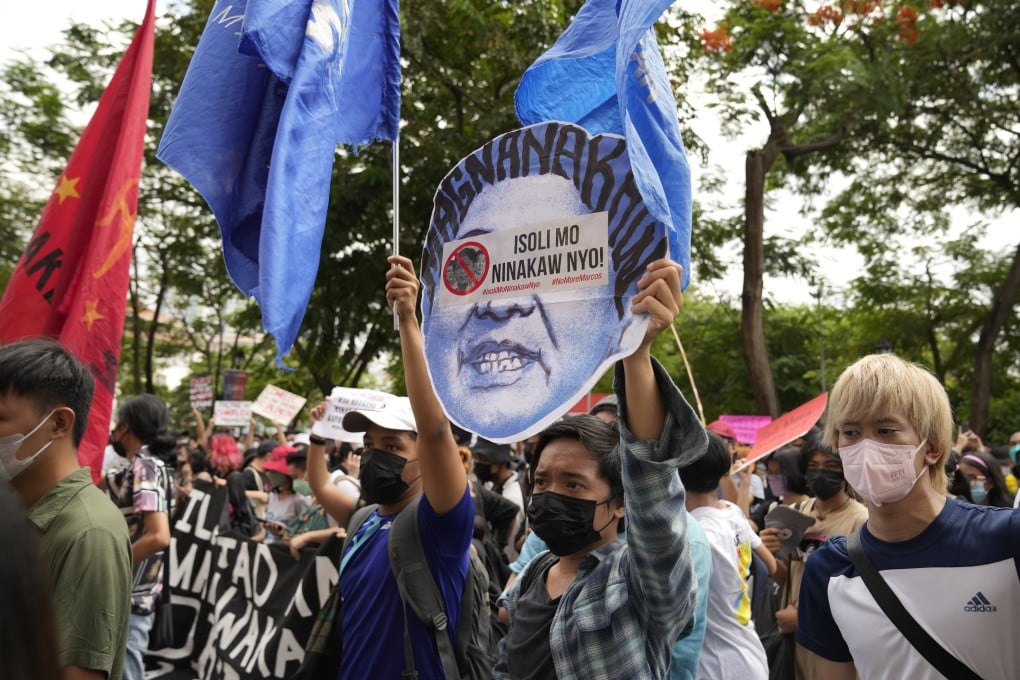Can Philippines overcome crisis of investor confidence amid inflation, corruption, debt woes?
- Local businesses have expressed ‘confidence’ in the new leader and some analysts expect Duterte’s tax and ownership liberalisation laws to help boost foreign investments
- But critics say the lack of references to corruption and rights in Marcos Jnr’s key policy speech will do little to change the view that the Philippines is ‘a stagnant and unattractive market’

Moreover, in June when he was officially proclaimed the president-elect, foreign investments registered with the Bangko Sentral recorded a higher net outflow of US$342 million, compared with US$270 million in May, according to figures released by the monetary body on Thursday.

They expressed confidence that Marcos Jnr’s State of the Nation Address (SONA) – a key policy speech that is every new president’s formal opening act – would dramatically reverse the index fall.
It didn’t.
Still, the President’s allies inside Congress and the business community applauded his July 25 speech, during which he pledged to finish a dozen rail projects that would cost a combined 1.9 trillion pesos (US$34.4 billion) and push Congress to approve 19 pieces of major legislation without elaborating on the sources of funding.
